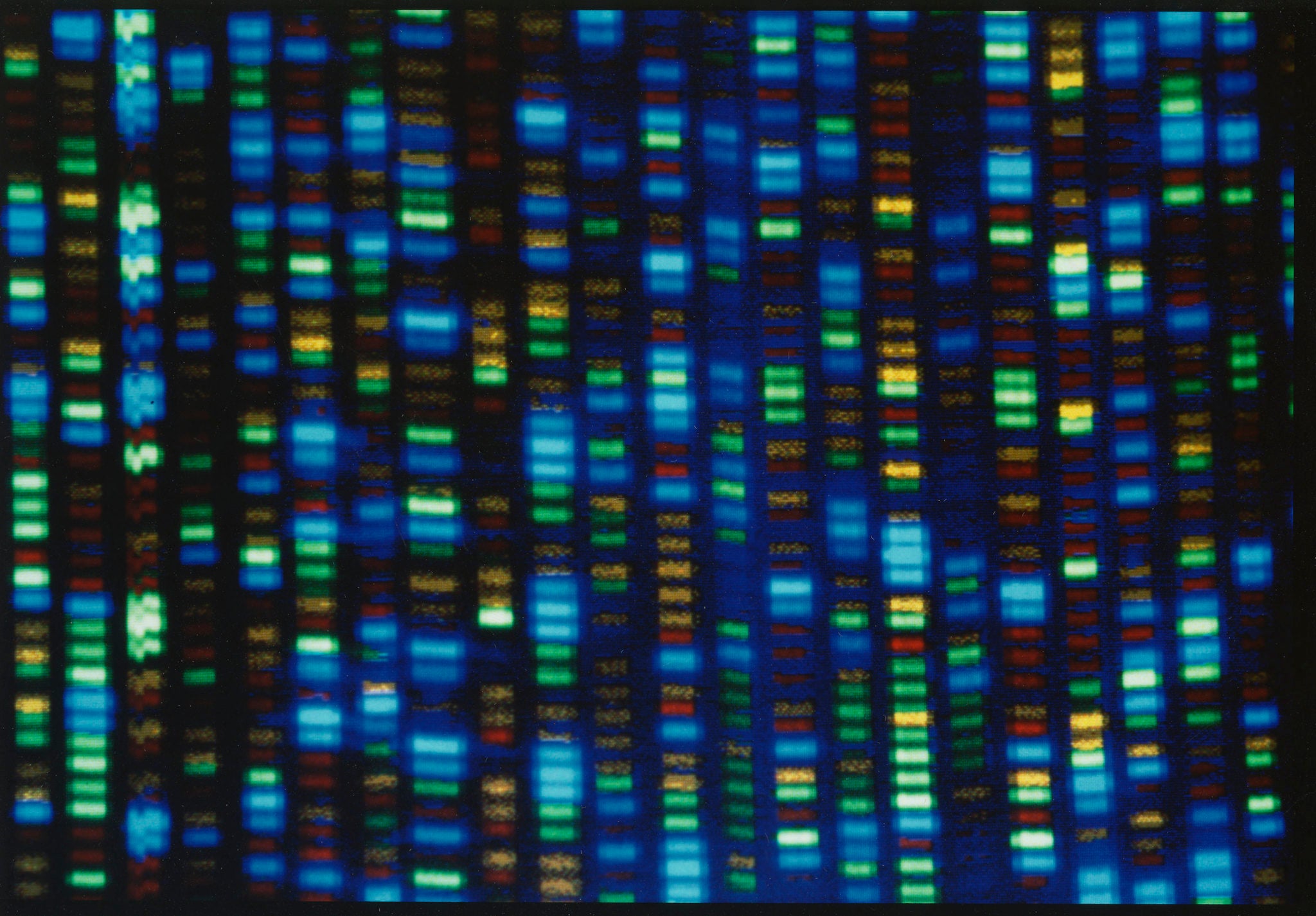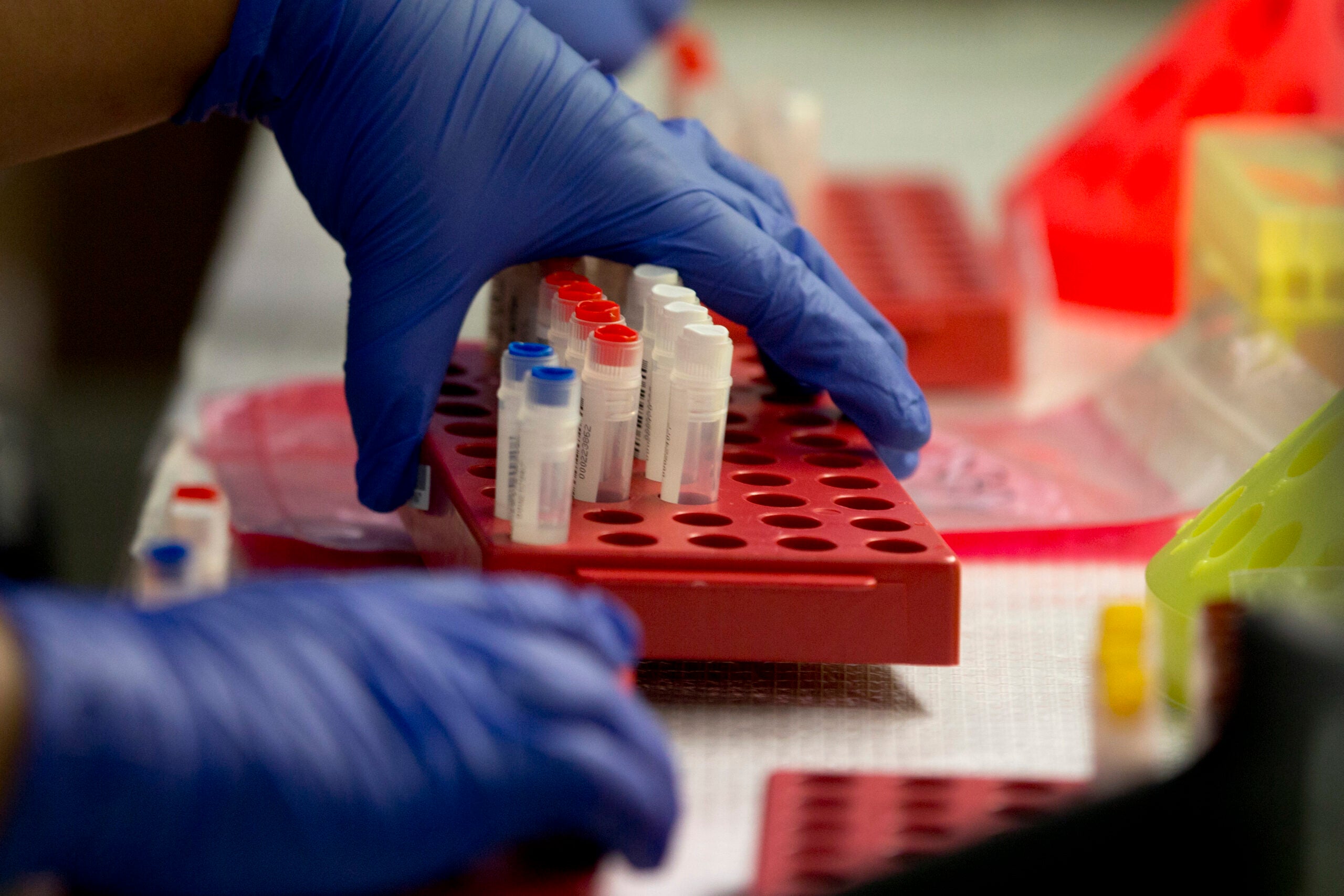A new study by a researcher at the University of Wisconsin-Madison found that a lack of nurturing as a child is associated with accelerated aging later in life.
The research looks at changes to a person’s genome that have been linked to their environment or behaviors — what’s called epigenetics. These markers can indicate a person’s biological age, or how much their body has aged physically.
Lauren Schmitz, professor at UW-Madison’s La Follette School of Public Affairs, said the field of research around these epigenetic changes is still new because data is limited. Studies require both survey data on people’s health experiences and a blood sample.
News with a little more humanity
WPR’s “Wisconsin Today” newsletter keeps you connected to the state you love without feeling overwhelmed. No paywall. No agenda. No corporate filter.
Using data that was available, Schmitz said she wanted to look at how people’s early life experiences impacted the way they were aging decades later. She said other types of research have already shown that adverse childhood experiences, or ACEs, are associated with negative health impacts as an adult. But Schmitz wanted to see if these traumatic experiences were having an impact at the cellular level.
Her study found that people who experienced a lack of parental involvement or affection had accelerated biological aging later in life. They had epigenetic changes that affect the way the body works, leading to age-related diseases and death.
“One potential explanation for that could be that these aspects of parental warmth have a slower burn and, over time, may affect your late-life health and aging,” Schmitz said. “What we also saw in our data was that these individuals tended to smoke more in their life and engage in other unhealthy behaviors that may have contributed to a large part to this accelerated aging.”
Schmitz did not see the same association between aging and childhood experiences with threats of verbal or physical abuse. She said this finding was surprising, given previous research linking these types of threats during early life to epigenetic aging measures. But Schmitz said there are several factors that could have impacted the study’s data.
“These individuals were older when they were asked these questions,” she said. “There could be some ascertainment bias, or difficulty remembering some of these events. It could also be that individuals who had really extreme experiences have already passed away.”
The people who survive to the oldest ages tend to be the healthiest, potentially skewing the data that is available, Schmitz said. That’s why she’s interested in collecting more epigenetic data from people at different stages of life as well as outside the U.S. to better understand these biological markers.
Schmitz feels her latest study supports the idea that mental health itself is a risk factor for accelerated aging and early mortality. She hopes it could help inform the way policy and health leaders are thinking about public health interventions.
“These experiences in childhood may have these long-reaching effects on population health,” she said. “Intervening earlier is better than waiting until later when these people have a bunch of chronic diseases and multimorbidity that then become very expensive to treat.”
Wisconsin Public Radio, © Copyright 2025, Board of Regents of the University of Wisconsin System and Wisconsin Educational Communications Board.





